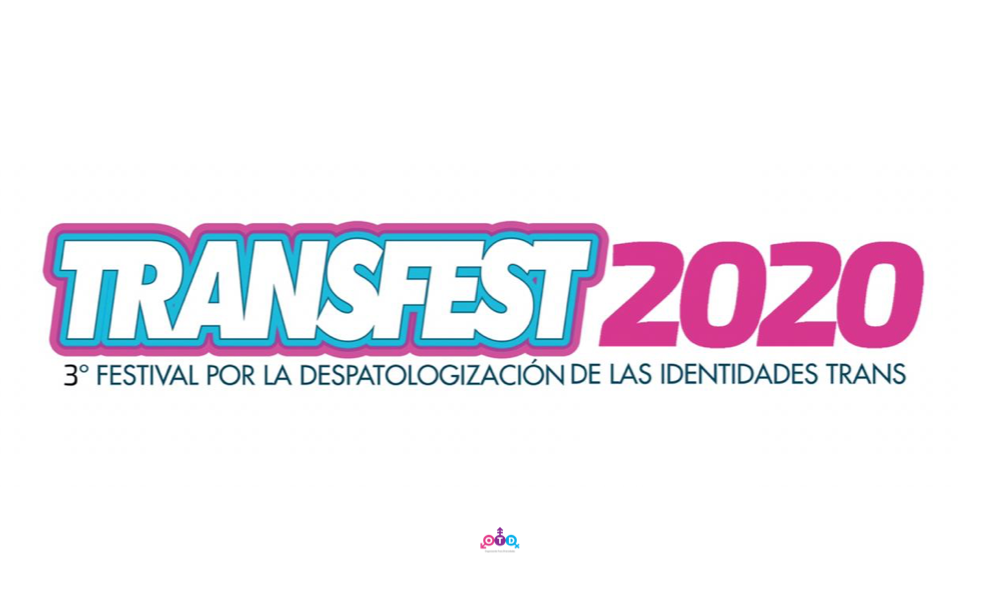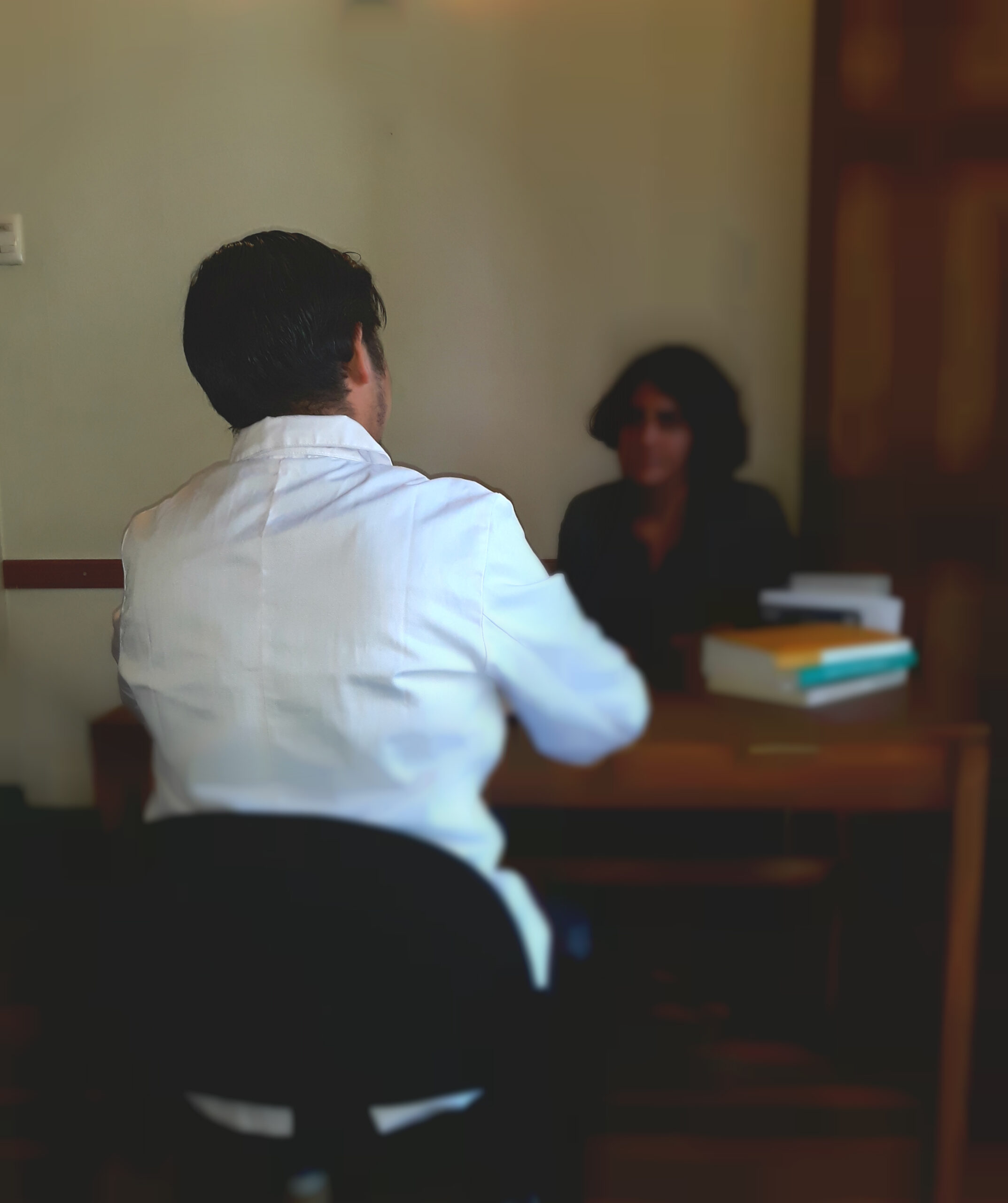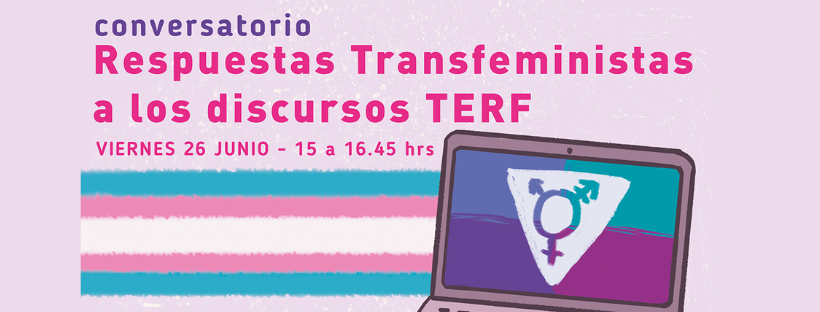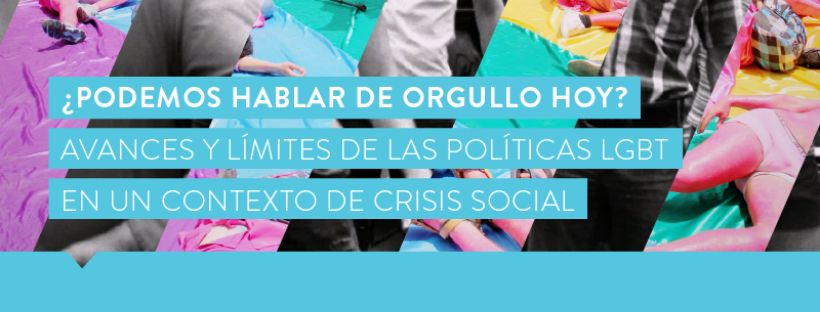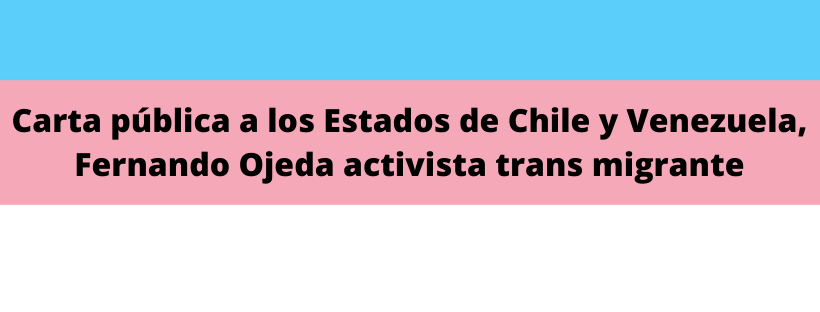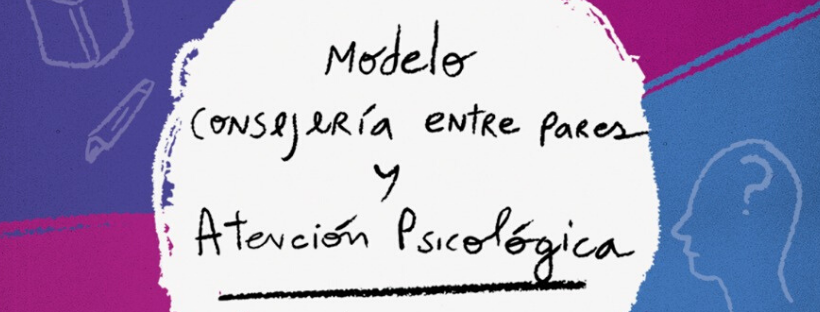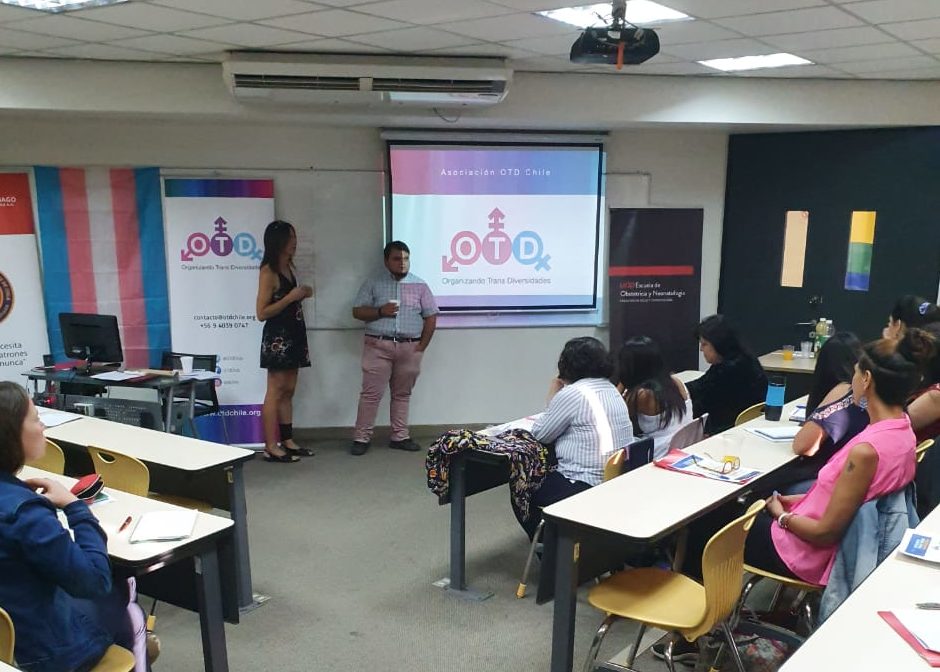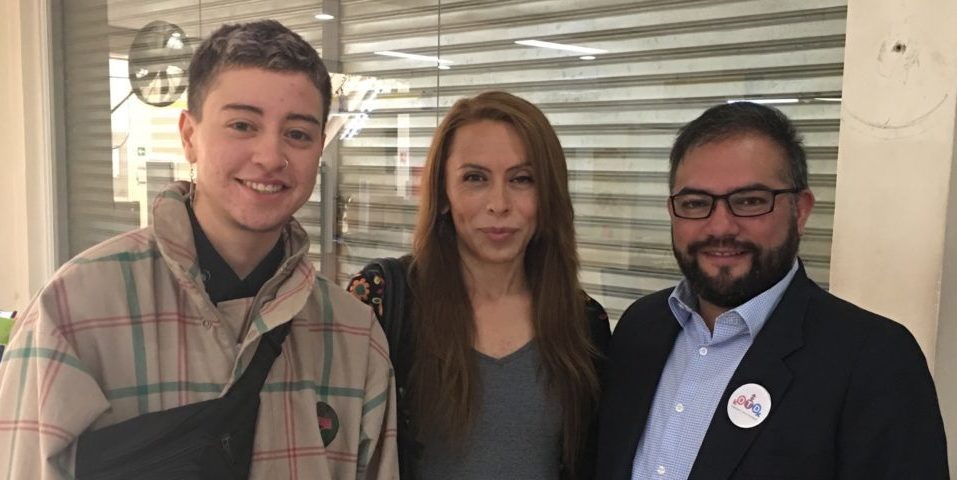Tabla de contenido
Transgender, transsexual or Transvestite?, Intersexual?, Gender Binary, Genderqueer, fluid?: Surely you have heard some of this, at least one time in your life. And probably, that happened in recent years. When for some reason that you still don’t know, the world started talking about people who do not identify with the gender assigned at birth according to their genitality. For this reason, we want to invite you to join us in these 5 steps to understand gender identity.
It is important to do it, you know, to understand it. Basically, because the books that tell the history of humanity, have many pages that speak about discrimination, the struggle for rights, acceptance, and normalization. Yes, in the same evolutionary order. It happened with African Americans in the United States, with women all over the world, with homosexuals and lesbians, and with so many other vulnerable people.
How do you prepare to take this read-walk? Come on! Chile needs us to talk about this.
– Gender Identity, what are we talking about?
We start with the most basic thing. Ready? Gender is subjective, and has to do with the perception that each person has about themselves and this, may not coincide with their biological body. In this sense, a person born female can perceive herself as a man. The complicated thing is that in the sight of everyone, she is a woman. If a cariogram was done, we might know she has two XX chromosomes, a female genital apparatus and estrogens, among others. But, and this is a BUT in capital letters, psychologically, she is him. A man.
For this reason, biological sex is different from gender identity. And, beyond that, of sexual orientation. For example, the person from the previous example, who recognizes herself as a man despite being in a female body, is gay… In terms of sexual orientation.
As this is one of the “issues” that lends itself to further confusion, let’s go to step number two.
– Is gender identity related to sexual orientation?
Recently, Tamara Adrián made history in Venezuela. She became the first transgender to be elected deputy in South America and in her country. She was born biologically male in 1954, and in 2002, he underwent genital transformation surgery. She says that at three years old, she knew there was a variation between the gender assigned to her and her internal gender. The parents took her to psychologists, and, according to what she says, persecuted by society, married a woman and had two children.
Tamara is a lesbian, having been born biologically male and changed her legal sex to feminine. The love of her life is called Maqui Márquez, a cisgender woman. In other words, a woman who did identify with the gender she was assigned at birth. What is the situation of the majority of people.
The American Psychological Association says in this sense, that sexual orientation is different from other components of sex and gender, including biological sex. It refers to the attraction that a person feels for someone of one gender or another, and not to their own gender identity.
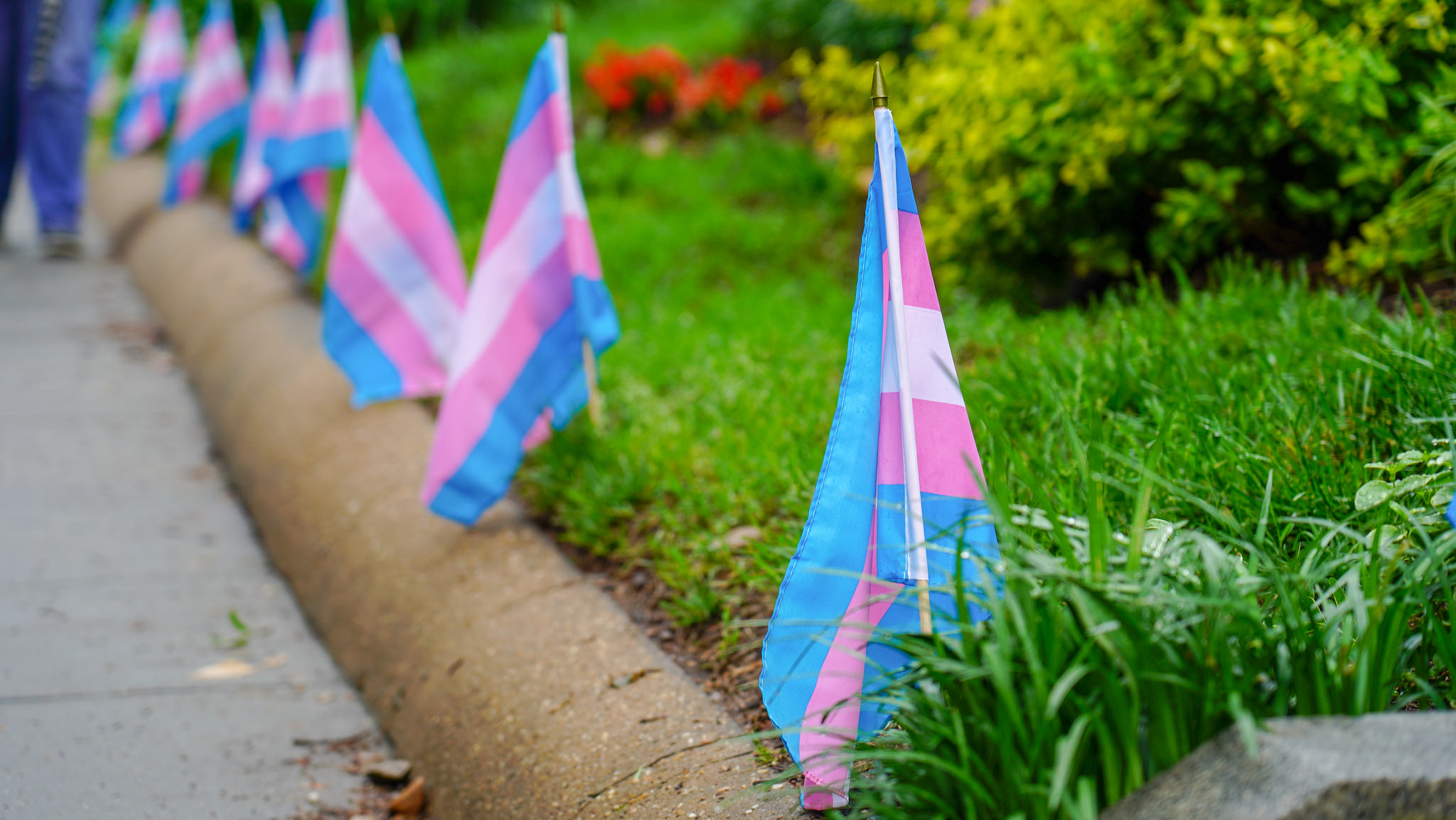
Prejudice and discrimination against trans people is due to ignorance | Photo: Ted Eytan, Flickr.
– What is the main impact of prejudice and discrimination?
Gender identity is an extremely personal part of what a person is, and how is perceived and expressed in the world. For years (1970, 1980, 1990), public opinion showed negative attitudes towards lesbian, gay, bisexual and transgender people. That is, the LGBTIQ+ community.
In recent years, although there are more people who oppose to discrimination, some manifestations of hostility are still common. Harassment, violence and invisibility, are the main causes of damage and prejudice against trans people.
Misunderstanding, pain and psychological damage, are some of the most common consequences of prejudice.
– Brief dictionary of terms
There is a variety of dynamic and evolving terms related to the way people identify themselves. Here some of them:
- Transgender: Anyone who transits gender by not identifying with the gender assigned at birth. It is a broad concept that includes terms such as transsexual, transvestite, transfemenina, transmasculino, transnobinario and others.
- Cisgender: Anyone who does not transit gender. Most people do not feel the need to make a gender transition because identifies with the gender assigned at birth.
- Androgynous: Any person with a gender expression that can not be identified as male or female completely.
- Bigender: Person who identifies with two gender identities at the same time.
- Binary: is a gender vision system that consists only of two identities (male and female), two biological sexes (male and female), two gender expressions (male and female) and two sexual orientations (heterosexual and homosexual). But reality is more diverse than binary.
- Intersex: Any person who is born with genitals and chromosomes that can not be classified as male or female in its entirety. It includes a great variety of sexual characteristics of birth. It has to do with biological sex, not with gender identity.
- Drag Queen, Drag King, Transformers: Any person (cisgender or transgender) who dresses in extravagant clothes to perform at shows and other events. They focus on humor and exaggeration of gender roles or behaviors. It has nothing to do with gender identity, but an artistic manifestation like any other.
- Gender Fluid: They are people who sometimes feel women, sometimes men and sometimes other gender identities. This way of identifying is intended not to feel comfortable having to have only one gender identity.
- Third gender: These are people who do not feel part of the gender man, or the gender woman, but can identify as both at the same time or a new third form of gender. They can also be identified as neutral or non-binary.
– Be part of the change: contribute your bit
Rights are universal, that is clear. But, what happens when you’re transgender person? How can an issue become a matter for many? Simple! Empathy and respect. When you, who read us at this precise moment, become part of the people who understand what gender is, and explain it to other people, and give a hand in favor of the cause, you will be making a difference.
You do not have to become an activist, you just have to talk knowing what you’re talking about.

